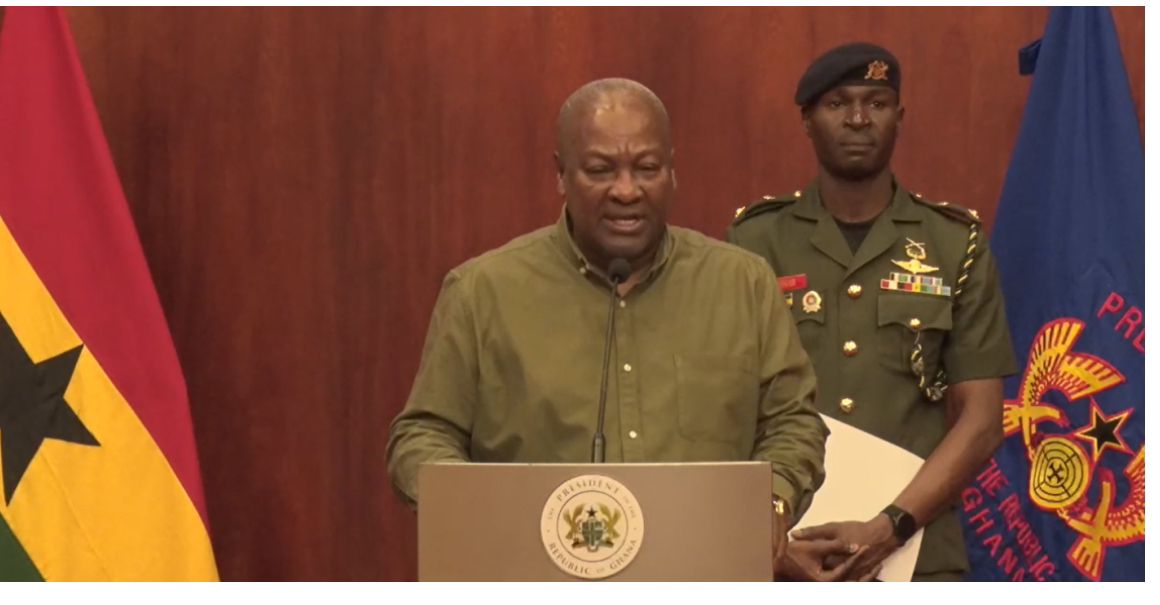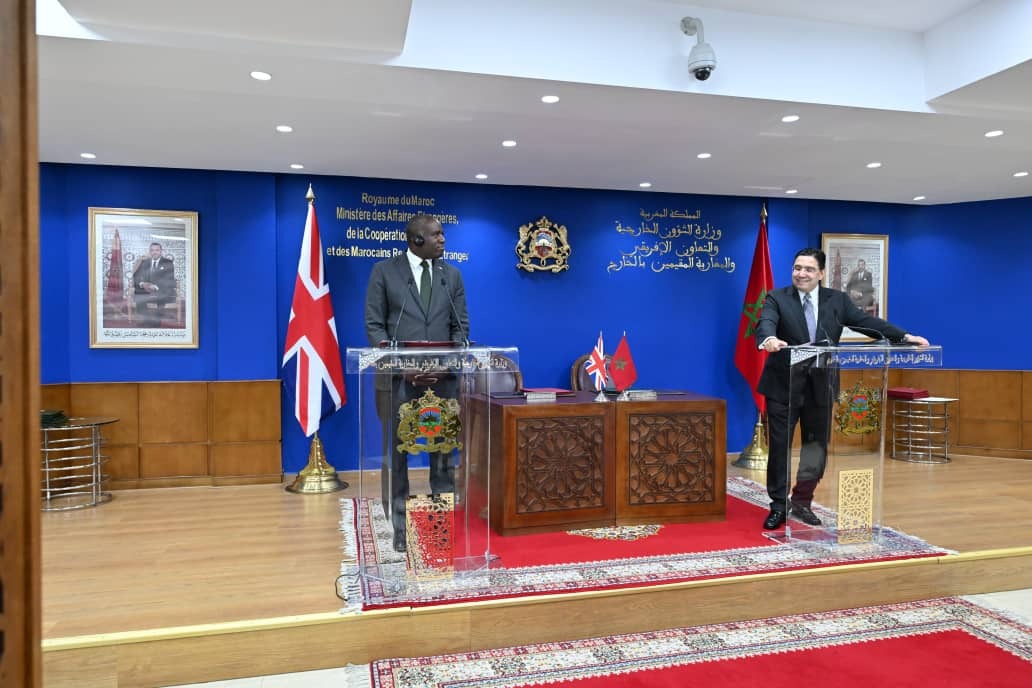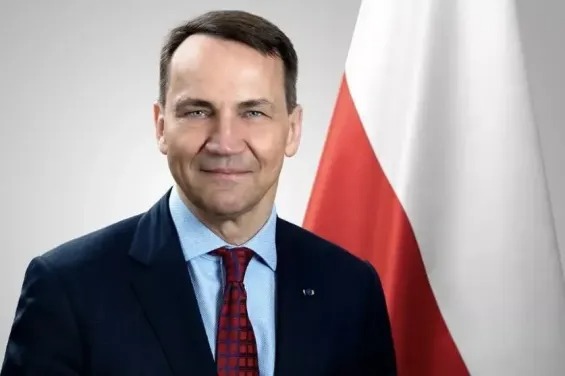Ghana is once again walking a familiar and treacherous path. Reports indicate that the country could earn US$500 million under a proposed prisoner transfer agreement with the United States of America. But even before the ink dries, controversy is brewing over transparency, legality, and accountability.
The deal, insiders say, would allow Ghana to receive American prisoners for resettlement and rehabilitation in exchange for financial compensation. Observers point to Eswatini, which recently negotiated a US$500 million package for hosting U.S. prisoners, as proof that Washington is striking such agreements across Africa.
Yet, Ghanaians have not forgotten the 2015 Guantanamo Bay saga. Then-President John Mahama’s administration secretly accepted two former Al-Qaeda suspects, Mahmud Umar Muhammad Bin Atef and Khalid Muhammad Salih Al-Dhuby, without parliamentary approval. The decision ignited national outrage, sparking heated parliamentary debates, widespread public protests, and deep political divisions.
Civil society organisations, religious leaders, and opposition parties condemned the move as a breach of sovereignty and an affront to Ghana’s democratic processes. The controversy eventually landed at the Supreme Court, which ruled in 2017 that the executive had acted unconstitutionally, declaring that such international agreements required parliamentary ratification under Article 75 of the 1992 Constitution.
That judgment remains a landmark precedent.
Now, with a new U.S. prisoner deal reportedly in the works, critics warn the Mahama government risks repeating the same mistakes.
“The Supreme Court has already spoken. Parliament cannot be bypassed. This agreement must be debated openly, not hidden behind closed doors,” a constitutional lawyer told this paper.
The financial carrot — US$500 million — may be enticing, especially for a country grappling with debt, inflation, and fiscal distress. But opponents caution that Ghana’s reputation, sovereignty, and constitutional order cannot be sold cheaply.
Already, civil society watchdogs are mobilising, warning of public backlash if the agreement is shrouded in secrecy. Lawmakers on both sides of the aisle are also bracing for confrontation, insisting that Parliament must be the final arbiter.
For many, the parallels with the Guantanamo Bay affair are too strong to ignore. As one analyst bluntly put it:
“This is history repeating itself. In 2015, the government ignored the people’s voice and the Constitution — and paid the price. If Mahama takes the same route, Ghana could be plunged into another political and legal crisis.”
The big question now is whether the Mahama administration will learn from the past — or gamble again with Ghana’s constitutional order, this time with US$500 million at stake.
Timeline: Ghana’s Guantanamo Bay Controversy
January 2016 – Ghana quietly accepts two former Guantanamo Bay detainees, Mahmud Umar Muhammad Bin Atef and Khalid Muhammad Salih Al-Dhuby, under an agreement with the United States.
2016 (Early) – News leaks spark national outrage. Religious leaders, civil society groups, and opposition parties demand answers.
2016 (Mid-Year) – Protests erupt; Parliamentarians accuse the Mahama administration of bypassing constitutional requirements.
2017 (June) – The Supreme Court rules the agreement unconstitutional, citing Article 75 of the 1992 Constitution. The court insists such international agreements must be approved by Parliament.
Aftermath – The ruling becomes a landmark precedent for Ghana’s foreign policy and executive accountability.



